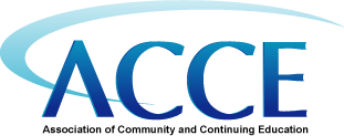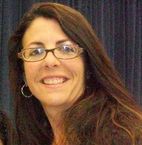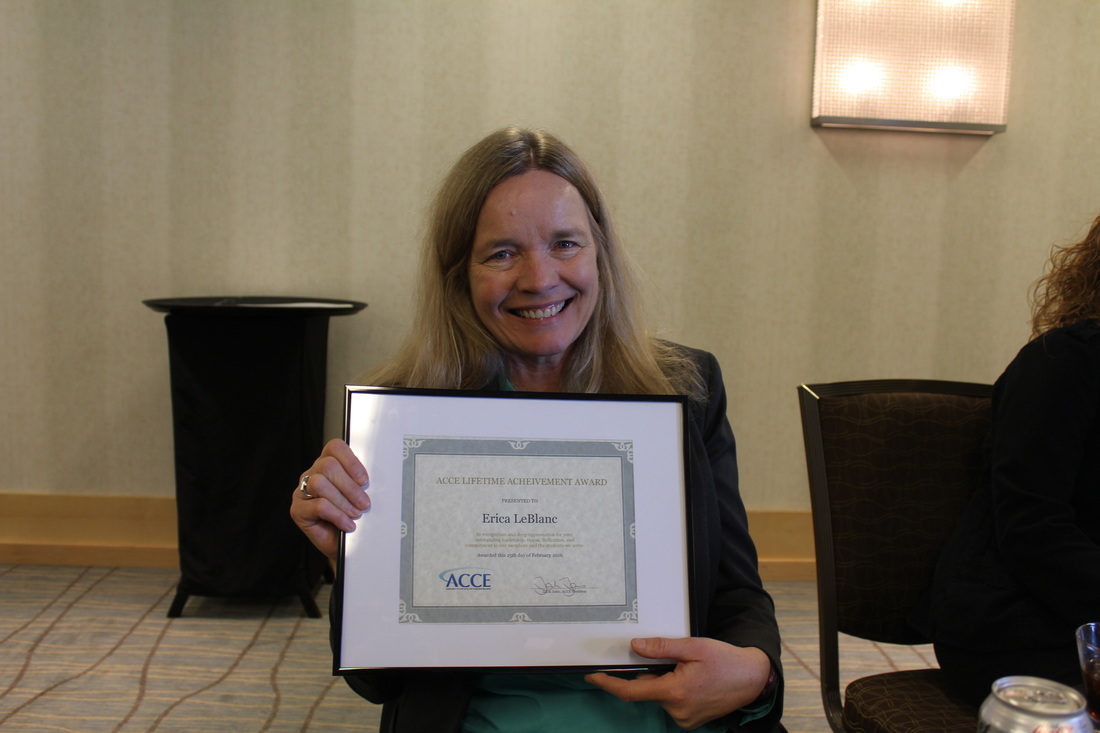We have planned and are participating in a record number of events and activities on behalf of you, our community and continuing education colleagues this year.
Community Education professionals are revising of the Guidelines for Community Services, a document originally written with ACCE's help in 2012. Our Continuing Education colleagues tirelessly advocate at the policy level for our students, and are participating in a growing number of educational policy-making opportunities at the state level.
Please keep these dates on your calendar, and register today. Topics at the Drive-in workshops will reach you via the listservs and website shortly.
Our theme this year accurately reflects who we are in support of our students: Agents of Change.
Upcoming workshops:
Bond, ACCE Bond: Community of Practice in Continuing and Community Education
Northern Workshop
Monday, November 6, 2017
CCCCO
1102 Q Street
Sacramento, CA 95911
Register online.
Southern Workshop
Thursday, November 9, 2017
Mt. San Antonio College
1100 N. Grand Ave.
Walnut, CA 91789
Register online.
And don’t forget our Annual Conference, coming up in Jack London Square, Oakland, at the Waterfront Hotel, February 7 through 9, 2018. Details will be available soon!
We are an all-volunteer organization working in support of Community and Continuing Education statewide, and we appreciate your support.
On a personal note, thank you for the opportunity to serve as president of this organization in support of our students. I look forward to a great year of working with you as an agent of change for our students in their lives.
Sincerely,
Frances DeNisco, President, ACCE




 RSS Feed
RSS Feed
